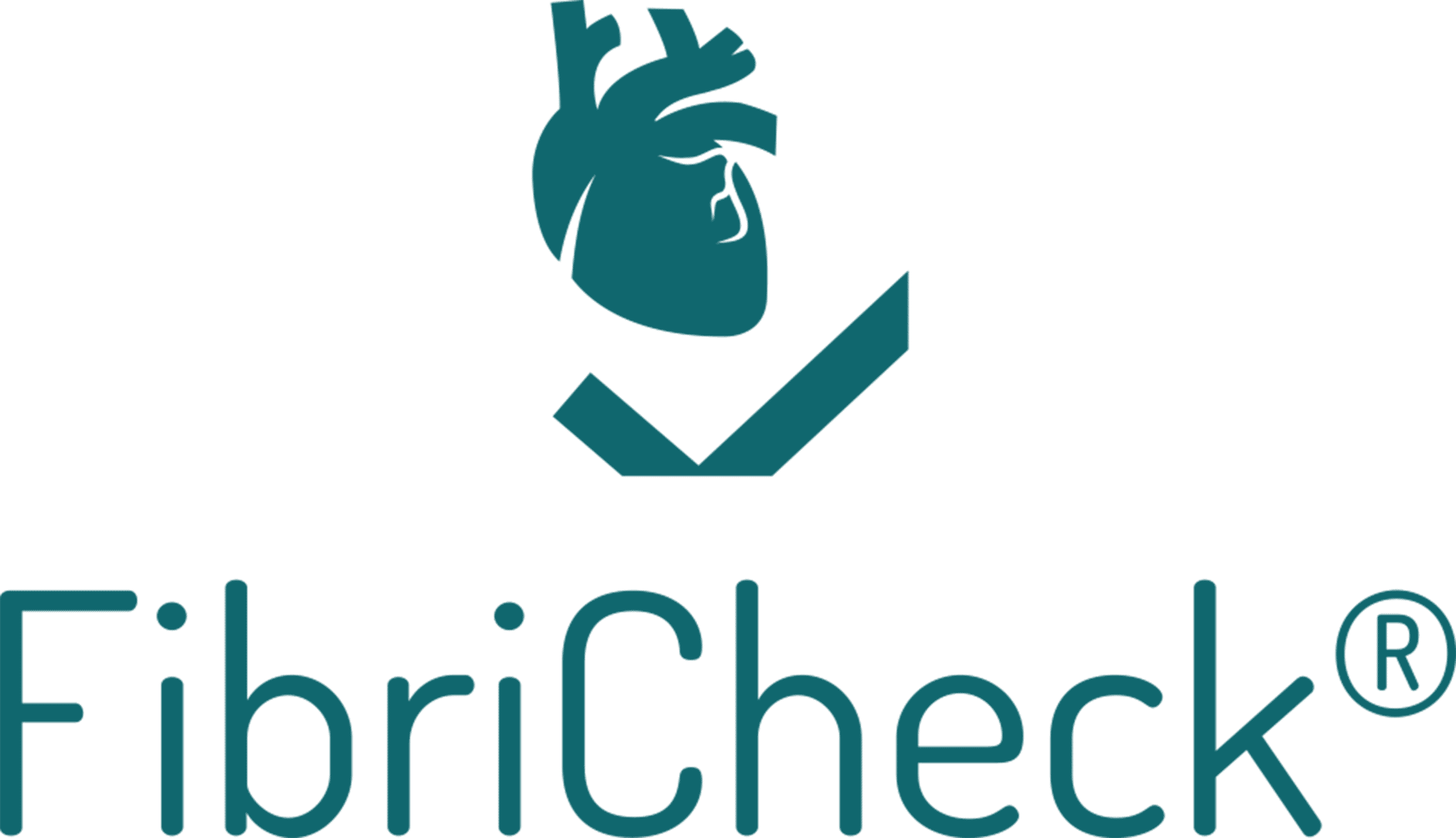‘Cheers!’ ‘Salud!’ We like to raise a glass when we’re having a good time. A barbecue with friends and family, a sunny beer garden, a cosy night in on the sofa… A glass of something is all part of that, isn’t it? And let’s be honest, while we’re sipping away, we’re all too keen to ignore the warnings bubbling under. After all, a glass a day is healthy, right? So, what’s the deal? Is alcohol part of a healthy lifestyle or not? FibriCheck checks the scientific facts and serves up some refreshing advice.
Alcohol: the sparkling ‘heart’ of Western culture
There’s nothing we like better than enjoying a drink. Alcohol has been part of Western culture for centuries. Our ancestors had a good excuse. The awful (and life-threatening) quality of their drinking water made alcohol a necessity.1 For a long time, beer was the favourite beverage in many families; in the wealthier classes, it was wine that had celebrity status. This situation lasted well into the 20th century. Many of us can still remember it.
Nowadays, Europe’s breweries and distilleries enjoy international fame. Prestigious wineries produce reputable wines. We no longer have (or need) the excuse of poor drinking water. Because we enjoy life, we like to keep up our traditions around alcohol. At home, with friends, eating out, at a party, at the bar in the club house: drinks are just part of that. If you’re not drinking alcohol, you can expect to be asked if you’re feeling unwell. As if you have to justify not drinking alcohol.
A glass of (red) wine a day keeps the doctor away?

In a sense, it holds a nugget of truth. For example, red wine contains antioxidants that attack harmful free radicals in your body.2 However, for this to be effective, you’d need to drink a lot more wine than would be healthy for you. When it comes to antioxidants, you’d be better off drinking tea.
What is true is that limited alcohol consumption can have a healing effect on the heart. Small quantities of alcohol (no more than 7 standard units per week for women and 14 standard units per week for men) reduce the risk of heart problems for one-third of patients.3 But the emphasis really is on small quantities.3 Because there’s evidence that even moderate levels of habitual alcohol consumption can relentlessly tip the balance in the other direction.4
So is every additional glass of alcohol really one too many?
Check: do you drink more or less than average?
In 2018, the World Health Organization (WHO) published a sobering report.5 One in twenty people worldwide dies from the consequences of excessive alcohol consumption. Strikingly, around one-fifth of these deaths are due to cardiovascular disease.
Hearing these figures, we automatically imagine heavy drinkers. But is that the case?
What does science mean by ‘excessive alcohol consumption’? Feeling a bit tipsy has little to do with it. Scientific research provides some hard figures.4 An objective criterion to measure yourself against.
- Light drinker: < 7 standard units per week
- Moderate drinker: 7 to 21 standard units per week
- Heavy drinker: > 21 standard units per week
For information: a standard unit is a regular wineglass or a half-pint with an average of 12 g alcohol.
Another striking result in the WHO report is that Europeans are top of the league when it comes to alcohol. Although consumption has fallen slightly since 2010, we are the world’s biggest drinkers. Averaging 33 g of pure alcohol per day. This is equivalent to two 150-ml glasses of wine, a 750-ml bottle of beer, or two 40-ml glasses of spirits. Averaging. This means that most of us don’t come into the ‘light drinker’ category.5
“One in twenty people worldwide dies from the consequences of excessive alcohol consumption. One-fifth of these deaths are due to cardiovascular disease.”
Reason enough to take a closer look at what exactly alcohol does to your body – and your heart. So what’s the best way to drink sociably and healthily? Find out more in parts 2 and 3 of this series.
Read in part 2 of 3
Is there a direct link between alcohol and arrhythmias and worse: strokes? And why is a hangover nastier than you think?
(publication on 15/09/20)
Read in part 3 of 3
A sober look at alcohol consumption, with some refreshing advice for a healthy and happy lifestyle, including a taster of the new NOLO trend.
(publication on 22/09/20)
Disclaimer
Note: the above is not medical advice but general information based on various scientific studies. Always follow the personal advice given by your general practitioner and/or treating specialist – especially if you have arrhythmias and/or are taking heart medication.
If you have any questions about alcohol consumption after reading this article, go to the Alcoholics Anonymous website for expert advice.
References
- DiValentino A. 14 things you didn’t know about the history of beer. Retrieved from: https://www.insider.com/facts-about-the-history-of-beer-2018-10
- Healthline. Red Wine: Good or Bad? Retrieved from https://www.healthline.com/nutrition/red-wine-good-or-bad
- Larsson S et al. Alcohol consumption and risk of heart failure: a dose–response meta‐analysis of prospective studies, 2015, doi: 10.1002/ejhf.228.
- Voskoboinik A et al. Alcohol and Atrial Fibrillation: A sobering review, Journal of the American College of Cardiology, 2016, doi: j.jacc.2016.08.074.
- World Health Organization. Alcohol. Retrieved from https://www.who.int/health-topics/alcohol#tab=tab_1
Created on September 3rd, 2020 at 02:57 pm
Last updated on January 10th, 2023 at 10:19 am



